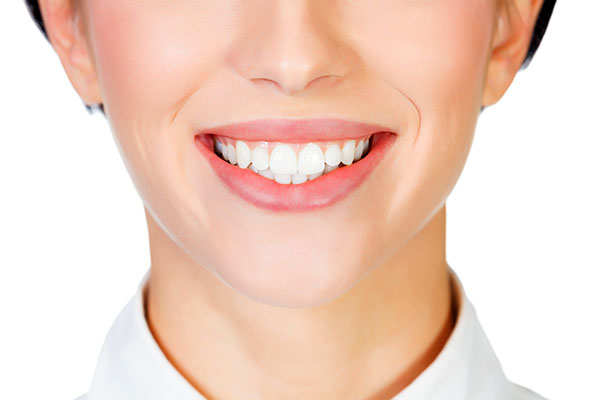Your Mouth, Saliva and Healthy Teeth

Teeth and gums, while important, are not the only residents that matter within the confines of your mouth. The salivary glands within your mouth create the liquid saliva and saliva is just as vital to the everyday functions of the body. Located inside each cheek, at the bottom of the mouth and near the front teeth, these three major salivary glands release saliva when you chew.
What does saliva do?
Saliva plays a few roles:
- It contains the digestive enzymes that start the breakdown of the food you consume
- Supports in maintaining healthy teeth
- Keeps your mouth moist
- Responsible for helping with tasting, chewing and swallowing
- Prevents bad breath
- Keeps dentures in place
How it helps with healthy teeth
Saliva plays an extensive role in healthy teeth as it neutralizes the acids created by bacteria in the mouth. This prevents tooth decay. Saliva also helps wash away any lingering food particles and accompanying bacteria by moistening them and assisting with easy swallowing. Additional oral infections, such as gum disease, are also prevented through these methods. Calcium, fluoride and phosphate ions inside the saliva contribute to teeth strengthening on the surface.
Not enough saliva
When your salivary glands do not produce enough saliva a common symptom is dry mouth. Dry mouth makes swallowing, chewing and tasting difficult. Not only are eating habits affected but, without saliva, the teeth and gums are at a greater risk for bacterial infections, decay and disease. Along with the dry mouth, low saliva levels are accompanied by bad breath, dry or a sore throat, voice changes, change in tastes and problems with keeping dentures in place.
Too much saliva
Having excess saliva is easily noted by drooling or having to swallow more times than normal. This can lead to the urge to spit and uncontrolled drooling that can affect everyday living activities.
What can cause saliva changes
Changes to saliva levels can be multi-sourced but are not limited to:
- Medications – Common side effects of many medications is a dry mouth though excess salivation is also possible
- Pregnancy – Along with the morning nausea, pregnant women can expect excess levels of saliva
- Conditions, such as acid reflux – Can lead to excess saliva
- Dehydration – Not enough fluid intake can lead to dry mouth
- Diabetes – Dry mouth can be an early symptom of uncontrolled diabetes
- Smoking and alcohol consumption – Both can lead to dry mouth and low saliva levels
- Cavities or infection – Salivary glands will produce more saliva when an infection or cavity is present in the mouth
- Nerve damage – If nerves to the head and neck are damaged, the salivary glands may be impaired and not produce saliva
Finally
As these marked changes are often the side effect of a more serious issue, it is important to discuss changes in saliva levels with your doctor or dentist. Once the source is dealt with, knowing the risks and concerns to your teeth and personal health in regards to saliva level can help you become one step closer to maintaining good health.
Request an appointment here: https://drcalldental.com or call Dr. Call Dental Center at (706) 425-6240 for an appointment in our Dalton office.
Check out what others are saying about our services on Yelp: Read our Yelp reviews.
Related Posts
Dentures have come a long way, as we can now provide multiple options to address missing teeth — from one tooth to a full mouth restoration. With customized partial dentures, patients can restore the function and appearance of their smile. If you want to restore your smile’s functionality without sacrificing a natural, healthy appearance, take…
Extensive tooth loss can impact your oral health and quality of life. Fortunately, all-on-4 dental implants offer a reliable foundation for a renewed smile that supports your oral health and overall well-being. This innovative technique provides a stable, long-lasting solution for those who have lost most or all of their teeth and are looking for…
Considering dentures? Read on to learn more. For individuals dealing with tooth loss, dentures might offer a life-changing experience, both for their dental function and aesthetics. Millions of adults depend on dentures for their dental needs. According to a National Nutrition and Health Examination Survey, about 57% of Americans aged 65 to 74 and 51%…
Losing multiple teeth can affect not only oral health but also self-confidence, preventing you from fully participating in social situations and living a fulfilling life. Dentures are an effective solution to replace missing teeth, offering functional and psychological benefits. They can restore your smile and ability to speak confidently and chew food efficiently while improving…


